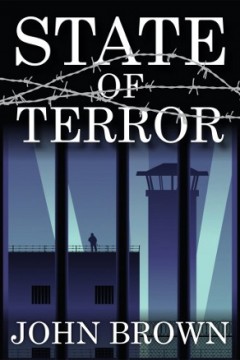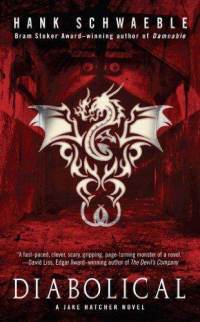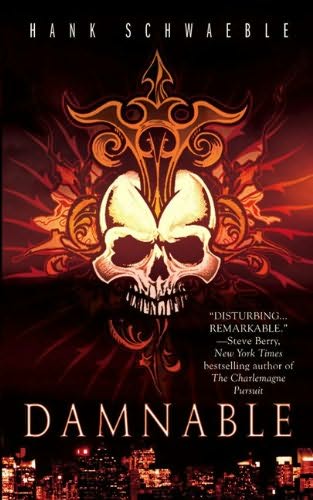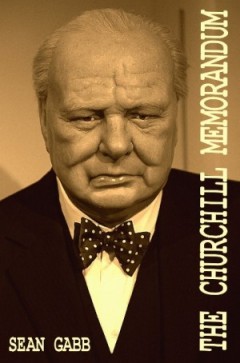 [Warning: Spoiler in the last sentence of the first paragraph.]
[Warning: Spoiler in the last sentence of the first paragraph.]
First of all, I found the title of the movie to be redundant from the get-go. The action scenes are mostly way over the top. The gore insanely so. Swords and other blades slice through body parts, even cutting men in half at the waist, as if they were hot knives slicing through butter. Ninja stars fly from hands like they are being fired from a machine gun. They even have chemtrails. Blood fountains and splatters by the bucket load. Our ninja hero takes dozens of lethal wounds, losing gallons of blood, and not only lives to tell about it but keeps on fighting. There is a bit of super-speed blurred movement and mind-over-body self-healing, so the movie is something of a fantasy action thriller. We’re treated to the cliché of the hero being down for the count, about to be killed, when someone he cares about is attacked and suddenly he discovers renewed vitality and determination and, inexplicably, an unbelievable (that’s saying a lot for this movie) leap in skill level.
For all that, I found Ninja Assassin to be entertaining. The action scenes are well-done and stylish. And I particularly liked the parkour–inspired sequences. The plot is interesting and tightly executed. The story even has a couple of elements of interest to libertarians. There are a number of ninja clans that kidnap orphan children and train them to be assassins, indoctrinating them with the belief that the lives of individuals are valueless compared to that of the clan, which is one big family to which they owe unquestioning and unwavering loyalty and obedience. The ninja clans apparently act as secret private contractors for governments around the world, assassinating targets for 100 lbs. of gold. Our ninja hero is one particularly promising pupil of the Ozunu clan. He buys into the propaganda at first, but falls for a pretty young girl, a fellow trainee, who does not. She attempts to escape, and is recaptured and executed in front of all the ninjas-in-training as an example. When he is later faced with killing another girl, whom he is told has similarly betrayed the clan, as the final requirement of becoming a full member of the clan, he refuses and is nearly killed. The bulk of the movie is about his quest for revenge against the Ozunu clan with the help of a female government agent.
Though it is a classic revenge tale, the negative portrayal of coercive and aggressive collectivism is a nice touch. The notion that the individual should be subservient to and acquire his value and ultimate end from The Collective, whatever it be named (the Family, the Clan, the Tribe, the Race, the Nation or State), is an insidious sickness. It permeates the communitarian classical republicanism of Rome (as I explain in my working paper “Roman Virtue, Liberty, and Imperialism: The Murder-Suicide of Classical Civilization” (pdf)), which, along with classical liberalism, with which it is in tension due to the conflict with the latter’s inherent individualism, was one of the major influences on the so-called Founding Fathers of the United States of America. It is also inherent in nationalism and, of course, the modern collectivist political movements of our age. At the risk of being redundant, a truly libertarian and civilized society exists for each and every individual’s own well-being – not the other way round.
[Is-Ought GAP and The Libertarian Standard]
Help Promote Prometheus Unbound by Sharing this Post


















